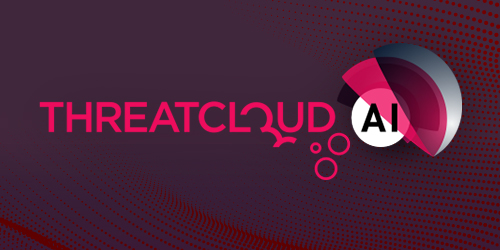
A Watershed Moment In The Threat Landscape
By Avi Rembaum, February 8th 2018
The phrase watershed moment is often overused. With our race to the cloud, the rapid rise in the number of devices connected to the Internet and a near continuous stream of new data breaches and cybercrime reports, “watershed” might very well be the perfect term for our cyber security moment.
Recent estimates of the financial impact of cybercrime paint a clear picture of the extent to which we are entering a new phase. Cybersecurity Ventures predicts that cybercrime damages will cost the world $6 Trillion by 2021, up from $3 Trillion in 2015.
In light of this harrowing statistics, perhaps we should take a minute to consider the threat landscape in which we find ourselves today and what it means for our current direction.
The explosion of connectedness leads to a limitless attack surface. Our move to public cloud removes our ability to control our IT systems. Embracing DevOps and micro-services can lead to the immediate distribution of vulnerabilities across our systems.
To address these challenges, we need a new concept of cyber security.
A limited attack surface requires a security architecture that has as its core a scalable and open security database that can manage threats across all enterprise platforms: from network to cloud to endpoint and mobile. We need an ability to envision and then control how our applications interact within public cloud systems over which we have limited administrative control. Further, it is paramount that we bind the distribution, configuration and policy definition of security technologies to the same automation and orchestration tools that we use for our transformed IT systems.
The challenges associated with this watershed security moment are difficult. Check Point’s Infinity Architecture and the advanced protection and automation capabilities embedded into this solution were specifically designed to address these challenges. We will continue to focus on preventing the most advanced threats and to ensuring that our customer community can centrally manage their security infrastructures effectively and efficiently.









